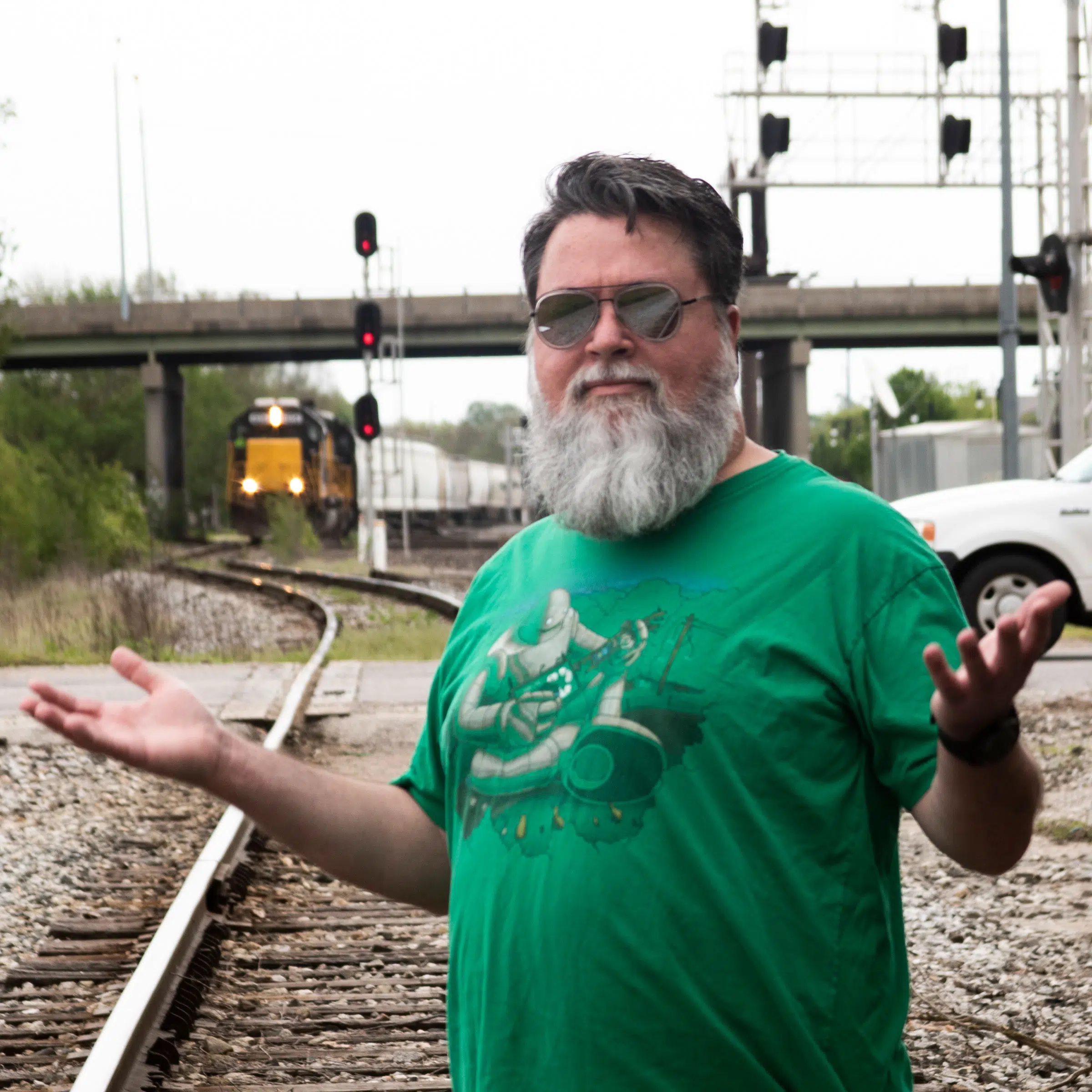By Sergio Goncalves
LISBON (Reuters) -Portugal’s president on Wednesday accepted acting Prime Minister Luis Montenegro’s proposal to keep most of the same key ministers in his new cabinet after his centre-right alliance won a snap election last month to continue in government.
Montenegro had called the election for May 18 after losing a confidence vote. Although his Democratic Alliance (AD) coalition won, it again fell short of a working majority in a fragmented parliament in which far-right party Chega emerged as the main opposition force.
Montenegro, who first came to power in March 2024, proposed reappointing Joaquim Miranda Sarmento as finance minister, President Marcelo Rebelo de Sousa’s office said in a statement.
Environment and Energy Minister Maria da Graca Carvalho and Foreign Affairs Minister Paulo Rangel will also keep their posts.
Montenegro created a new ministry, combining the economy and territorial cohesion portfolios, to be led by Manuel Castro Almeida. Acting Economy Minister Pedro Reis will not continue in his role.
The new government will take office on Thursday, Rebelo de Sousa’s office said.
Montenegro has promised to continue the policy set last year aimed at lowering taxes for young people, the middle classes and companies, controlling immigration and tackling a housing crisis, while maintaining a small budget surplus.
The new cabinet is a strong indication of policy continuity, said Filipe Garcia, head of Informacao de Mercados Financeiros consultants.
“The fact that Montenegro has kept the finance minister, who is the most important, and the ministers of almost all portfolios, signals this,” he said.
The election, the third in as many years, was called after Montenegro failed to win a vote of confidence in March when the opposition questioned his integrity over the dealings of his family’s consultancy firm. He has denied any wrongdoing.
Lisbon University political scientist Antonio Costa Pinto said Portugal could expect political stability for one or two years.
“Beyond two years it is very difficult to make predictions,” he said.
(Reporting by Sergio Goncalves; editing by Charlie Devereux, editing by Ed Osmond)





Comments